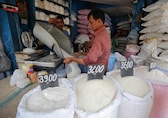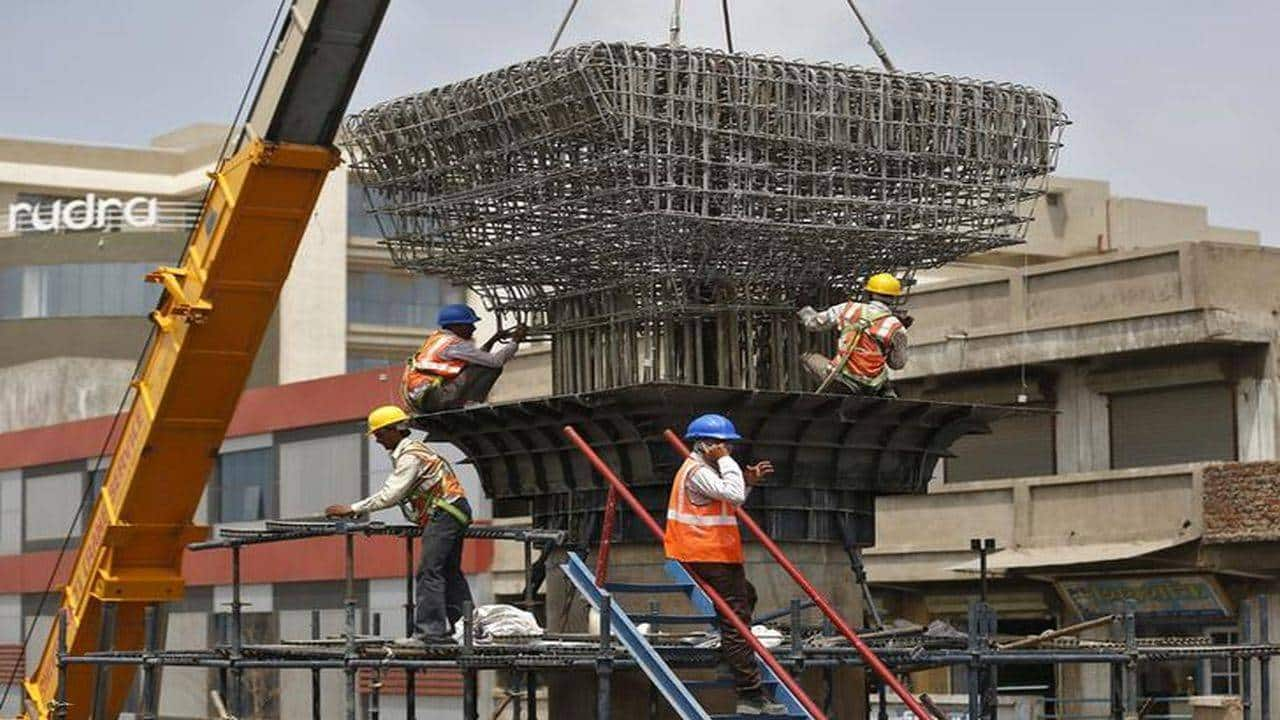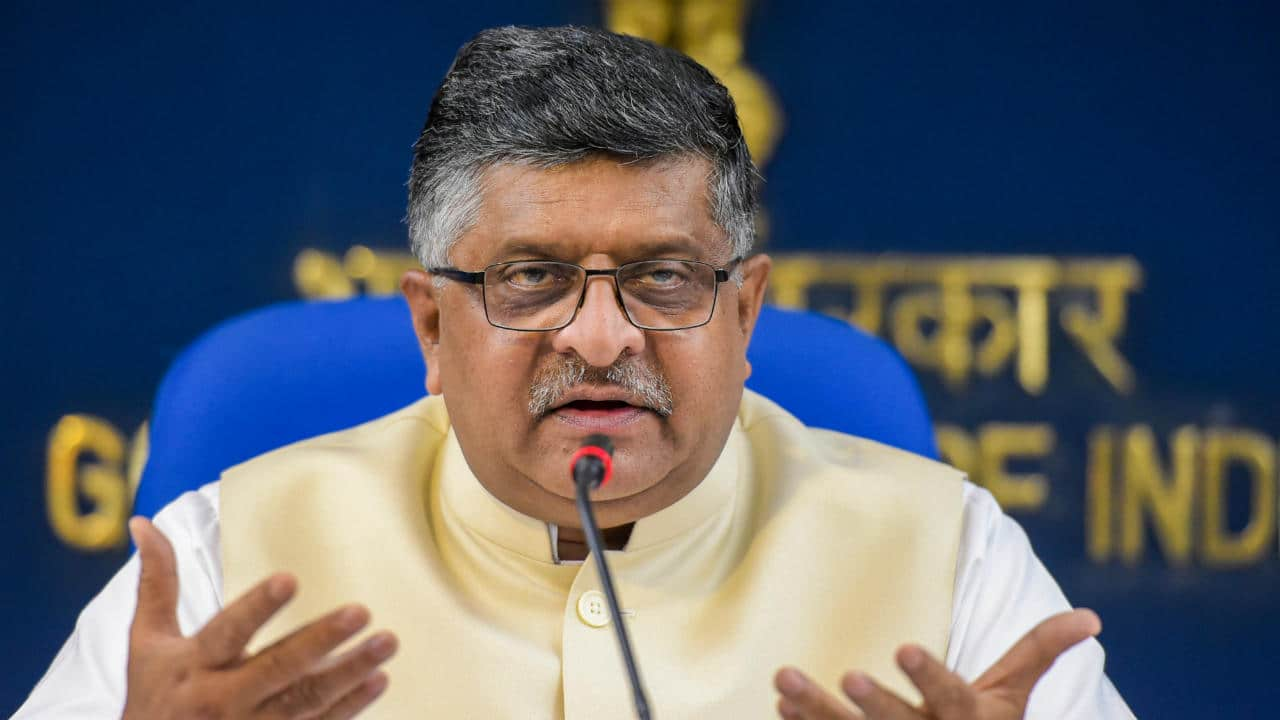Centre, NDB sign $1,000 million loan pact to support India's economic recovery from COVID-19 pandemic
The loan amount will be used to fund expenditures on rural infrastructure and rural employment generation under the Mahatma Gandhi National Rural Employment Guarantee Scheme (MGNREGS), in order to revive rural economy
December 16, 2020 / 06:51 PM IST
A loan agreement of $1,000 million was signed on December 16 between the government and the New Development Bank for funding expenditures on rural infrastructure and rural employment generation under the Mahatma Gandhi National Rural Employment Guarantee Scheme (MGNREGS).
The agreement was signed by Baldeo Purushartha, Joint Secretary, Department of Economic Affairs, Ministry of Finance and Xian Zhu, Vice President and Chief Operations Officer on behalf of the NDB, the statement said.
Xian Zhu said the programme will support the Government of India’s efforts in mitigating the adverse economic impact of the COVID-19 pandemic and enable economic recovery in the rural areas through NRM works and employment generation.
The funding under the NDB’s Policy on fast-track emergency response to COVID-19 will help preserve rural income and sustain rural expenditure, resulting in increased demand that aids economic recovery, he added.
The country-wide restriction on movement of people, coupled with additional stringent restrictions imposed by State Governments affected domestic supply and demand, resulting in slowed down economic activity. This resulted in loss of employment and income of workers especially those employed in the informal sector, including rural areas.
The programme therefore proposes for the creation of durable rural infrastructure assets relating to NRM and generation of employment opportunities for rural poor, especially migrant workers who have returned from urban areas and have lost their livelihoods due to the COVID-19 pandemic, the statement said.










_2020091018165303jzv.jpg)

























